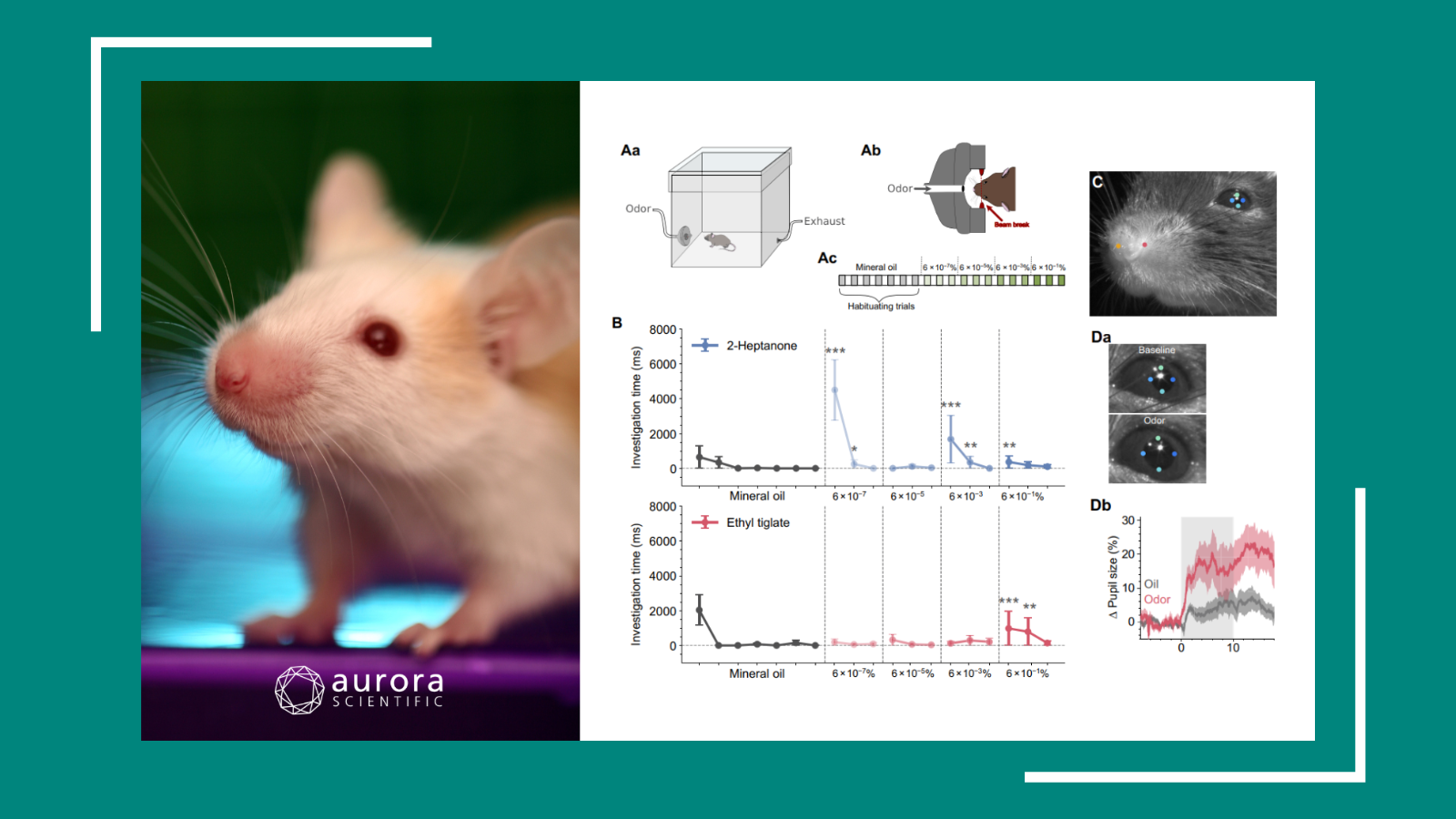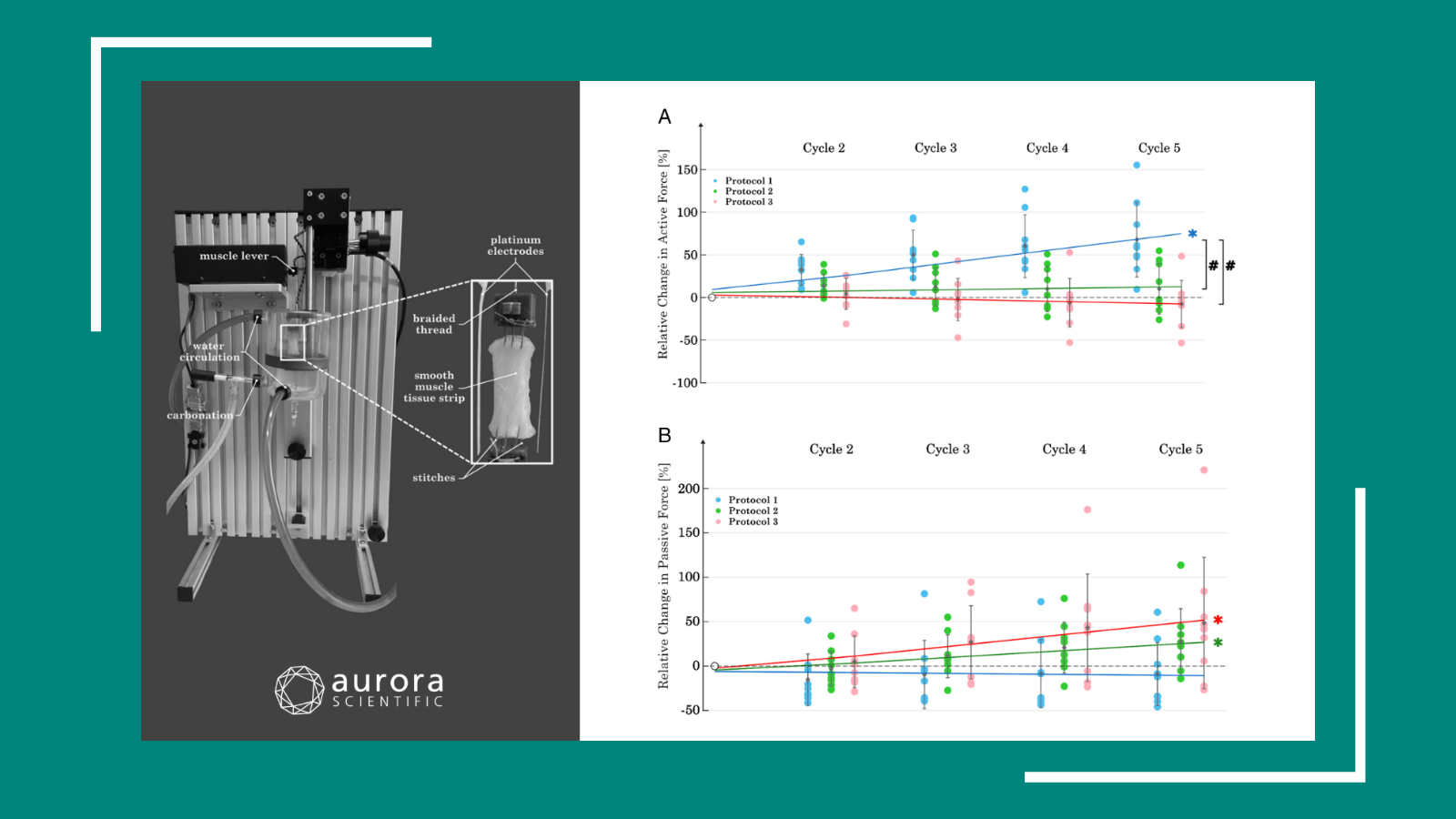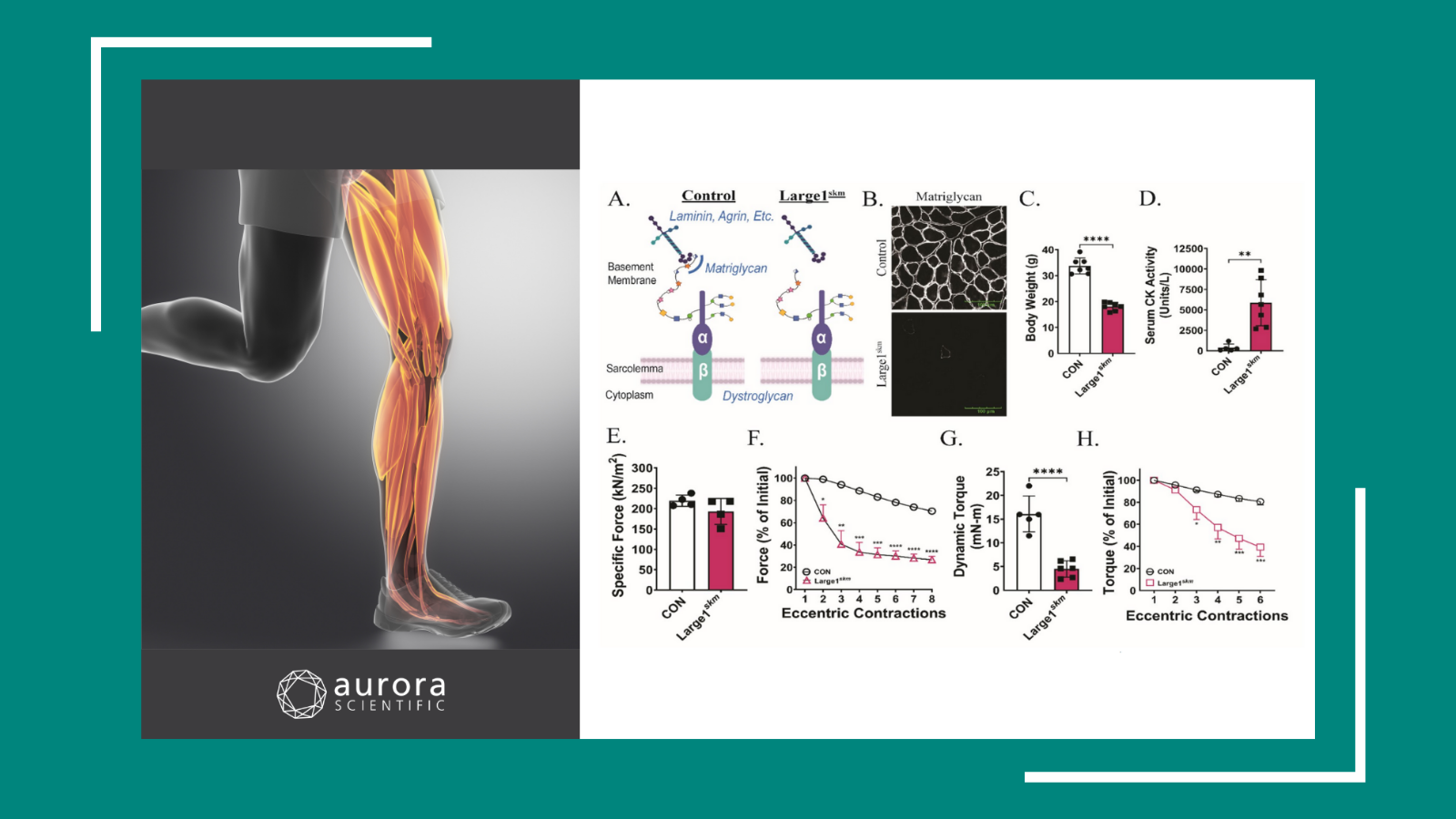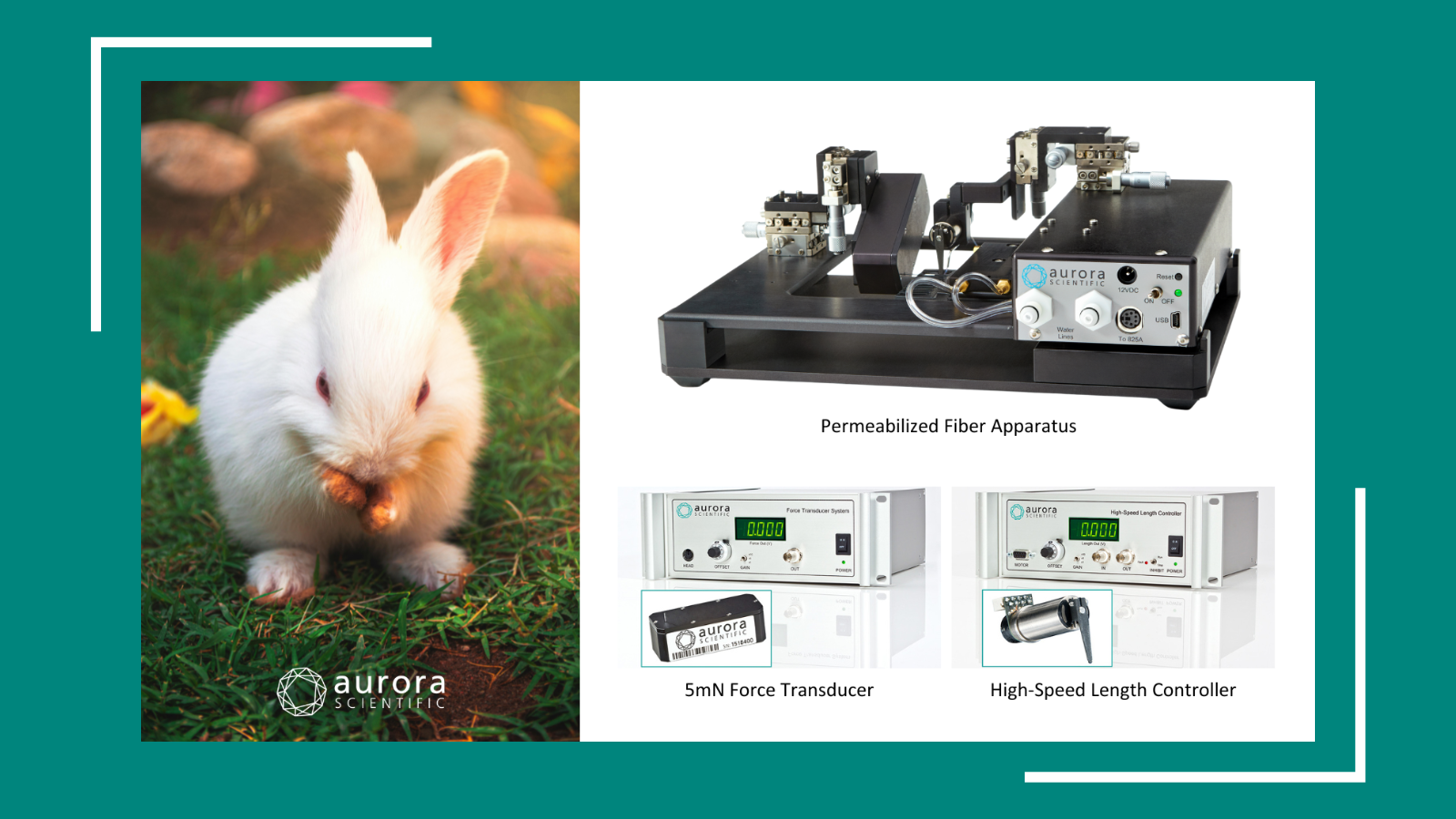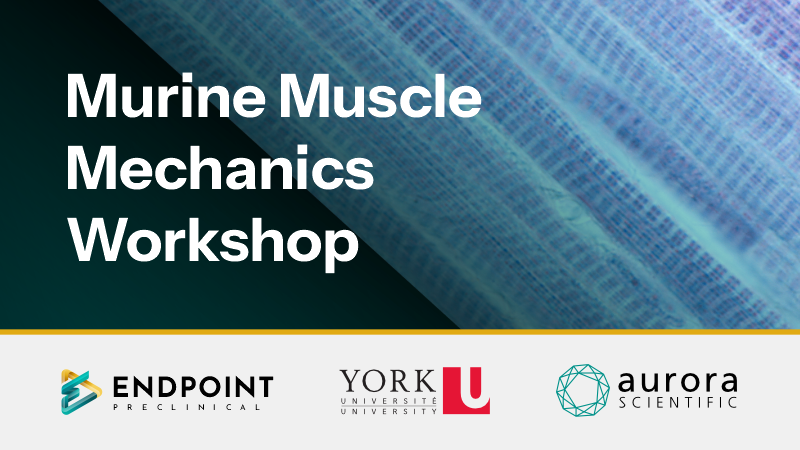Applications
Aurora Scientific’s muscle physiology products are designed to test the force-length-velocity characteristics of all types of muscle ranging from myocytes to dog hind limb muscle. Our muscle physiology instruments include Dual-Mode levers, length controllers, force transducers, stimulators, data acquisition hardware and software and experimental apparatus. All of our products are sold individually or in complete systems. With our complete systems, muscle physiologists can precisely measure force, length, sarcomere length and ratiometric calcium. Our systems allow all standard muscle physiology protocols to be run, such as twitch, tetanus, fatigue, force-frequency, force-velocity, stiffness and work loops. In addition, our systems have the flexibility that allows the researcher to customize experimental protocols to meet their needs.
Neuroscience
Aurora Scientific has developed innovative test systems used in olfactory research to validate odors presented to specimens and to track pheromone and plume dispersion. In addition, Aurora Scientific utilizes their Dual-Mode muscle levers as mechanical stimulators to provide a precise, controlled force output for use by researchers measuring neuronal response to touch, pain and stretch. Furthermore, many neurophysiologists study an interdisciplinary field of neuroscience and muscle physiology looking at neural activation and sensory feedback of muscle tissue. Aurora Scientific’s Dual-Mode levers aid in characterizing muscle mechanics in models of neural regeneration and disease.
Materials Science
Aurora Scientific’s unique Dual-Mode muscle lever aids a variety of researchers looking at materials such as MEMS, hydrogels, artificial muscle, nanowires and carbon fibers. Easily and accurately measure tensile strength, elasticity, detaching force, shear fracture and deformation of most materials with the control and measurement of both force and length. Other Aurora Scientific products useful in materials research include our line of high-speed length controllers and our ultra-low compliance, high-sensitivity force transducers.
Featured Content
Scent-imental Strides: Recent Olfaction Discoveries
The Canadian Neuroscience Meeting (CAN) is hosted in a different Canadian city each year, welcoming in researchers from across the country and beyond. In a scent-imental tribute to our inaugural CAN ...
On-Demand WEBINAR: Effects of Ovarian Failure on Muscle Form and Function
ORIGINAL AIR DATE: WED, OCT 30, 2024. Aurora Scientific is proud to have been a sponsor of the 2024 Women’s Health Webinar Series: A Physiological Analysis. The American Physiological Society ...
Fueling Function: Forthcoming Insights in Muscle Physiology
In the spirit of the American Physiology Summit, the following publication review covers forthcoming insights in muscle physiology, including smooth muscle mechanics, a neutralizing treatment for ...
Marching Forward: Recent Skeletal Muscle Discoveries
In conjunction with the Advances in Skeletal Muscle Biology conference, the following publication review digs into the impacts of protein dysfunctions, knockdowns, and modifications on skeletal ...
Down the Rabbit Hole: Breakthroughs in Biophysics
In line with this year’s Biophysical Society Annual Meeting (BPS2025), the following publication review goes down the rabbit hole of biophysics discoveries, including the development of a muscle ...
Murine Muscle Mechanics Workshop at York University
Hosted by Dr. Christopher Perry and Dr. Arthur Cheng in the Muscle Health Research Centre at York University, and produced in partnership with Endpoint Preclinical, our Murine Muscle Mechanics ...




